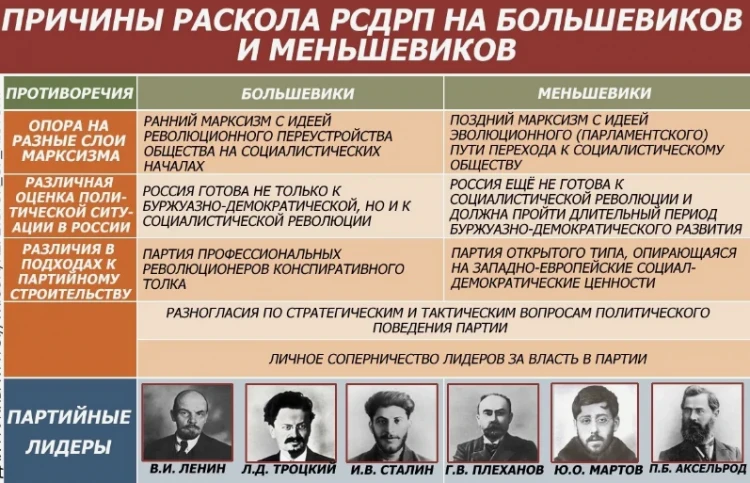The Struggle of the Bolsheviks Against the SRs and Mensheviks for the Establishment of Soviet Power in Kyrgyzstan
The Soviets became local authorities that primarily influenced representatives of the European diaspora.
Muslims sought their protection in national organizations such as "Bukhara," Muslim committees, "Ittifaq," "Alash," etc.
Therefore, the dominance of representatives from various parties in the Soviets meant little, as it did not reflect the entire spectrum of public sentiment. The only real power in these conditions became the soldiers and armed workers, who, from time to time, disregarding all civilized norms, based on their mood and as food tensions grew, displaced, arrested, killed, and replaced old and new officials.
For example, on December 3, 1917, 45 soldiers from the guard company of the Osh garrison "decided" to re-elect the Osh Socialist Revolutionary-Menchevik Soviet. However, the Soviet was re-elected almost in its previous composition and led by the same chairman. Then, a month later, on January 17, 1918, "at the initiative of the Bolsheviks," it was re-elected again and from then on was considered Bolshevik.
On October 7, 1917, in Auliye-Ata, soldiers and workers organized a "mass rally due to the lack of bread in the city" and established Soviet power, which "abolished the feudal-bay 'Muslim Committee.'"
In the Pishpek district, where food was particularly scarce, soldiers disrupted elections to the Constituent Assembly in Tokmak and Belovodsk in November 1917. In December, soldiers in the Chui irrigation network organized a "hunger march" on Pishpek, during which an uncontrollable crowd killed the local police chief, Kiryakov.
On December 31, 1917, a mass rally took place in Pishpek, the central issue of which was food supply. The rally, as stated in the "History of the Kyrgyz SSR," was held under the leadership of the Bolsheviks and became a "turning point in the development of revolutionary events in Pishpek," especially in terms of bringing the masses closer to the Bolsheviks and "isolating the Mensheviks, Socialist Revolutionaries, and bourgeois nationalists." The day ended with the enlistment in the revolutionary detachment and the release from the local prison of "33 criminals," as they were referred to in the newspapers of that time. However, in this book, they were called "political prisoners." But in such numbers, they had no origin in the remote Pishpek.
And on January 1 (12), 1918, "the Bolsheviks achieved a new victory in the struggle for establishing Soviet power in the Pishpek district." This meant that at the meeting of the Pishpek Soviet, the Menshevik-SR candidate for chairman was "defeated," and the Bolshevik candidate G. I. Shvets-Bazarny was elected. There is not a word in this book about how the Bolsheviks conducted the nomination of their comrade for chairman. The truth about this was accidentally but proudly recounted by a participant in this event, K. Derbishev—formerly an active supporter of A. Sydykov, and at the time of writing his memoirs, a veteran of the CPSU and a personal union pensioner. From his recollections, it follows that at that "historic" meeting, where about 300 people were present, the left SR Agafontsev initially won the election for chairman of the Pishpek Soviet. But the Bolsheviks, led by A. I. Ivanitsyn, did not like this, and with the help of soldiers and armed workers, they forced the assembly to conduct a re-vote and elect Shvets-Bazarny as chairman. An appeal to the street, to the "man with a rifle," when the goal was not achieved democratically, became common practice for Bolshevism. At that time, with the participation of soldiers and armed workers, the Pishpek Soviet adopted a resolution: "to join the central authority of Petrograd and Tashkent." However, just two days later, on January 3, with the presence of armed soldiers, "taking advantage of their numerical superiority in the Soviet, the SRs and Mensheviks defeated the proposal of the Bolshevik deputies to transfer all power in the city and district to the Soviet." After this, the Bolsheviks began to "strengthen the Soviets," introducing their representatives into them. By mid-January 1918, the Bolsheviks already predominated in them. Unable to withstand the measures to strengthen the Soviet in a Bolshevik manner, "the SR-Menshevik members of the Soviet... stopped attending meetings, and some submitted resignation letters."
In February 1918, the Pishpek district Soviet congress took full power in the district and city. Its decision liquidated the SR Peasant Council, and then its chairman Khokhulya and the district commissioner of the Provisional Government Sokolovsky were arrested.
In March 1918, the power of the commissioners of the Provisional Government was overthrown by armed force in Verny.
Until April 1918, the Soviet in the Przhevalsk district and its Naryn section remained SR-Menshevik. At the congress of the Naryn section Soviets, all those who agitated for the autonomous "Kokand government" were identified and arrested, although it had long been disbanded. The power of the Soviets in Naryn was established thanks to the active intervention of a Red Army detachment from Tokmak, commanded by the Bolshevik F. Dubovitsky.
The Whirlwind of Revolutionary Events in Kyrgyzstan
Read also:
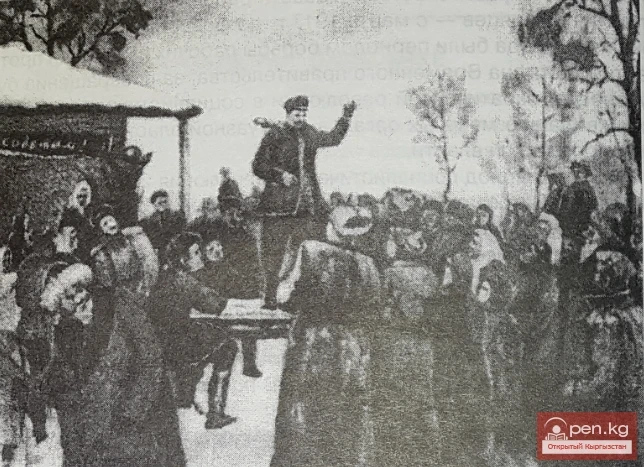
The Coup in Pishpek in March 1917
THE COUP IN PISHPEK The political coup that began in Pishpek was accompanied by a change of power,...
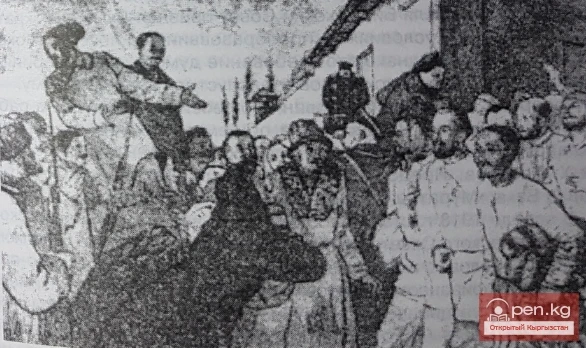
Pishpek - the Center of Revolutionary Struggle in the Chui Valley
The Beginning of the Recognition of Soviet Power in Pishpek and the District In the summer,...
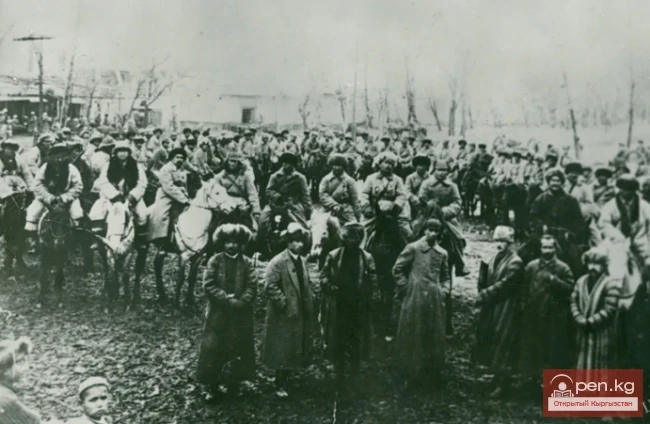
The Parties "Alash," "Turan," "Shuro-Islamiya," and Others in Kyrgyzstan in the Early 20th Century
Struggle for Power Among Individual Exploitative Groups With the overthrow of Tsarism (according...
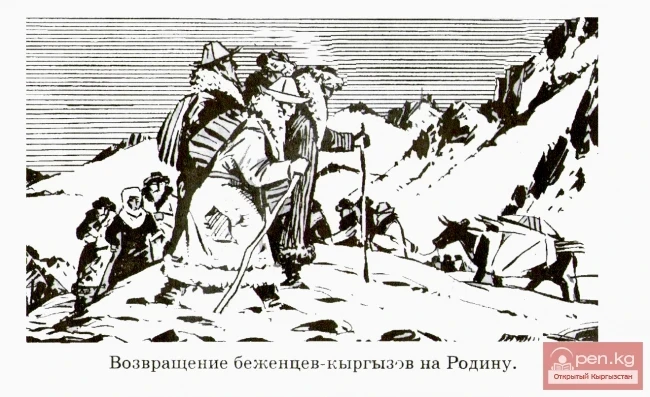
The Overthrow of Autocracy and the Establishment of Soviet Power in Kyrgyzstan
The Tsar is Overthrown. The life of the people did not improve. In early 1917, the news spread...
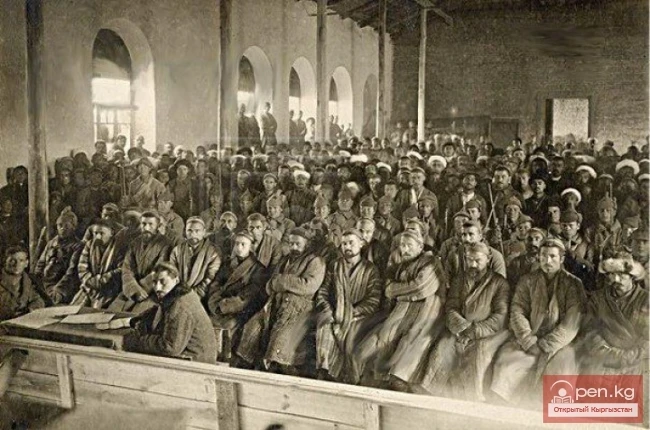
Osh. Events in Southern Kyrgyzstan in February 1917
February Bourgeois-Democratic Revolution of 1917 in Osh. The overthrow of the tsarist autocracy on...
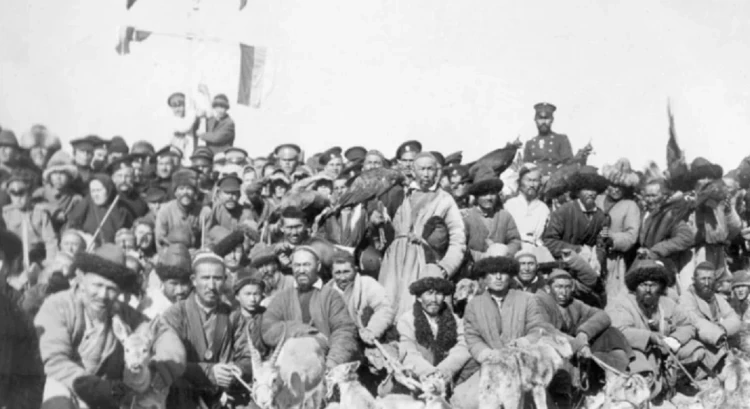
The First Attempt at Political Discrediting of A. Sydykov and the Left Socialist Revolutionary Movement in Turkestan
One episode from the life of A. Sydykov is associated with his membership in the Left...

Administration in Kyrgyzstan within the USSR (1917-1991)
The establishment of Soviet power and statehood in Kyrgyzstan began after the October Revolution...
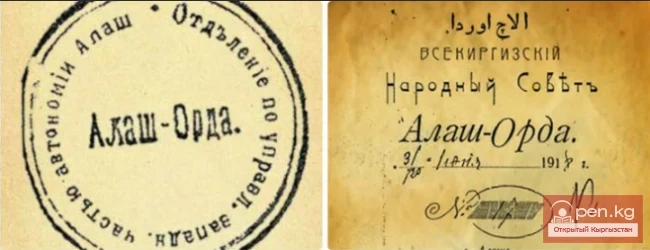
Establishment of the Pishpek Branch of the Kazakh-Kyrgyz Party "Alash-Orda"
Soon A. Sydykov resigned, as the Provisional Government disappointed the expectations of the...
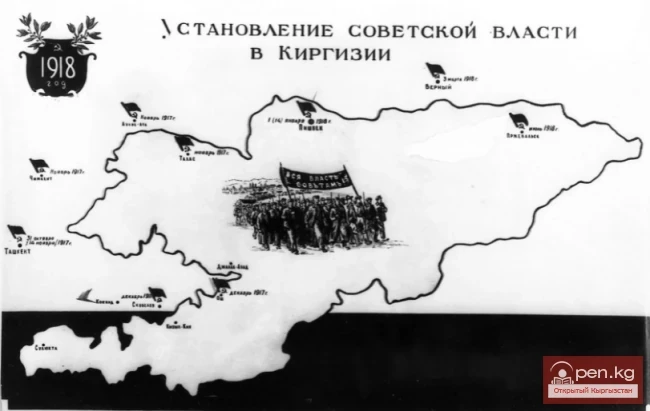
Strengthening Soviet Power in Pishpek
Recognition of Soviet Power From February 11 to March 3, 1918, the founding congress of the...
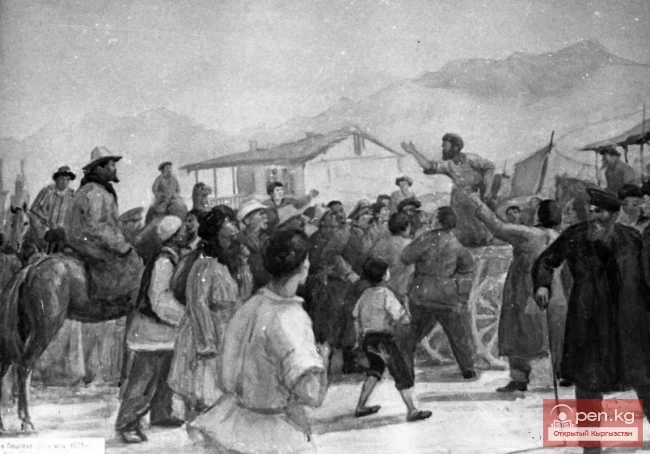
Historical Perspective of the Kyrgyz People under Soviet Power
The Achievement of Greatness by A. Sydykov Thanks to the Soviet System The fate of A. Sydykov and...
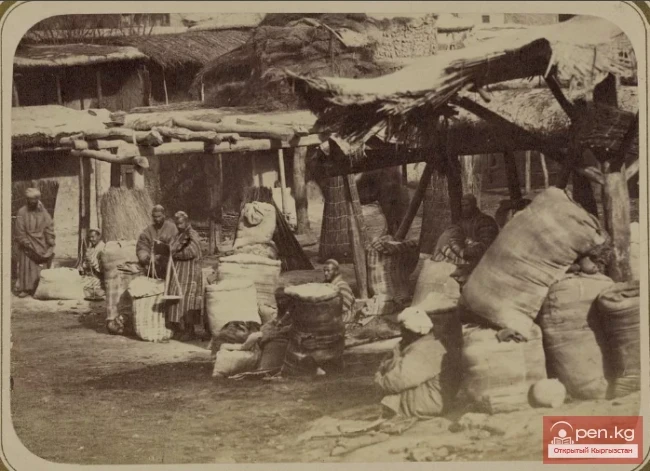
Pre-Revolutionary Osh
Osh Before the Revolution In Kyrgyzstan, the largest market was the Osh market. Its turnover...
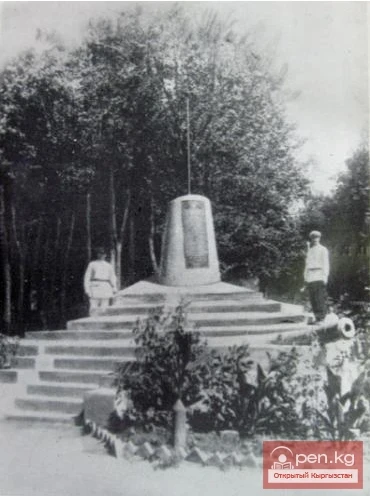
Suppression of the Rebellion in Pishpek
White Guard Armed Rebellion The strengthening of Soviet power deprived the bourgeoisie of any hope...

The Masses of Semirechye for a Peaceful Evolutionary Path of Development
On November 12, 1917, elections in Semirechye for the Constituent Assembly were disrupted by armed...
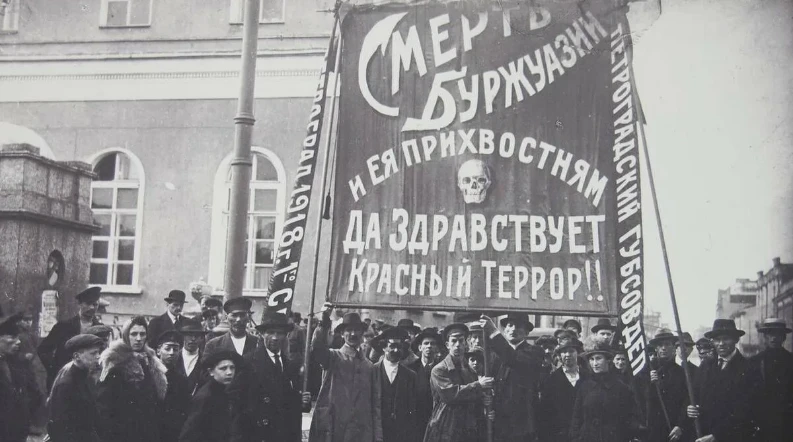
The Beginning of the Formation of the "Red Terror"
Upon coming to power, Lenin did everything to dismantle the old bourgeois legal system as a relic...
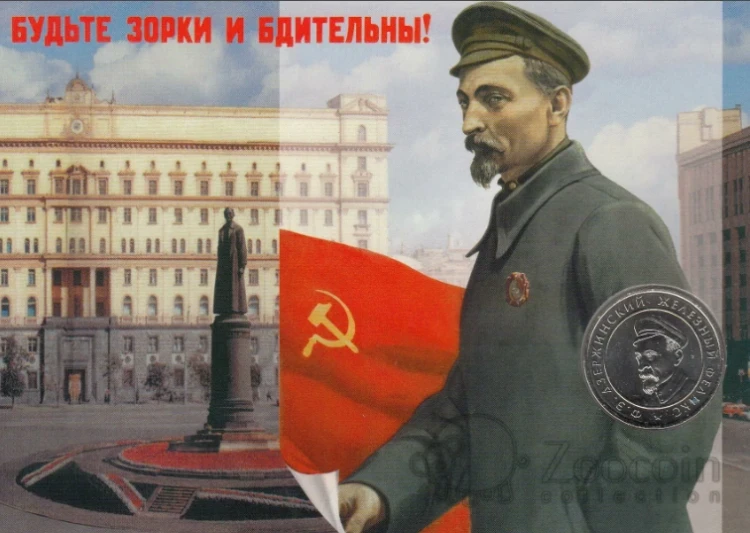
How the Political Case Against Abdulkarim Sydykov Was Fabricated
In the statement by X. Khasanov regarding the accused, it was written: "1. Citizen Abdulkarim...

Merger of the Left Socialist-Revolutionary Faction of the Semirechye Regional Soviet Congress with the Bolsheviks
The significant role of the Left Socialist-Revolutionaries in the fate of revolutionary Russia was...

The Power System of All Groups of Kyrgyz in the Late 18th - First Half of the 19th Century.
Tribal Institutions of Power The power system among all groups of Kyrgyz was similar and did not...

Military Mobilization Work of Local Government Authorities in Kyrgyzstan
Activities of the Councils of Workers' Deputies in Military Conditions The Councils of...
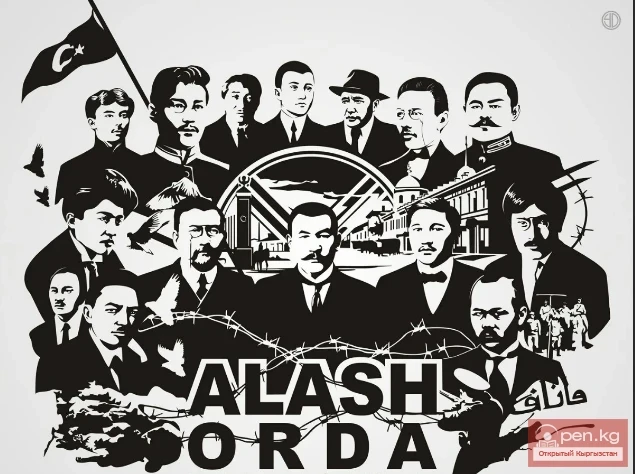
Program of the Alash Party
A. Bukeykhanov, M. Tynyshpayev, Zh. Seydalin, M. Dulatov, and others played a significant role in...

Osh. Revolutionary Events of 1905-1907.
The revolutionary protests of workers, townspeople, and peasants in southern Kyrgyzstan in...
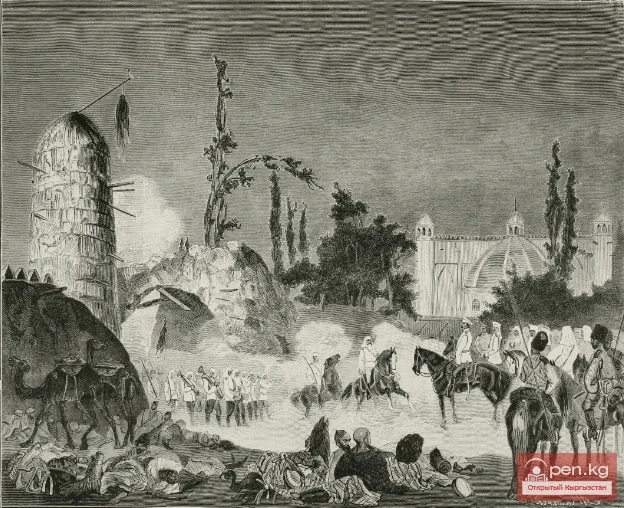
The Anti-Feudal and National-Liberation Character of the Uprising of 1873-1876.
"Kyl-kuyruk" Abdurakhman Aftobachi, who had recently returned from Mecca, where he went...
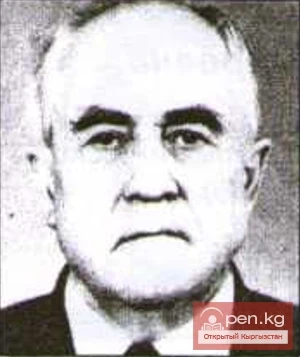
Nikishev Petr Petrovich
Nikishov Petr Petrovich (1917), Doctor of Historical Sciences (1973) Russian. Born in the...
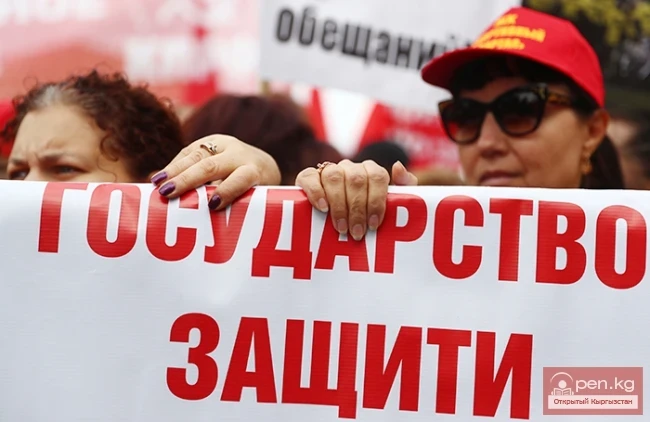
In Kyrgyzstan, a rally was held against mining operations near glaciers.
A rally took place near the Government House in the capital of Kyrgyzstan A rally was held near...
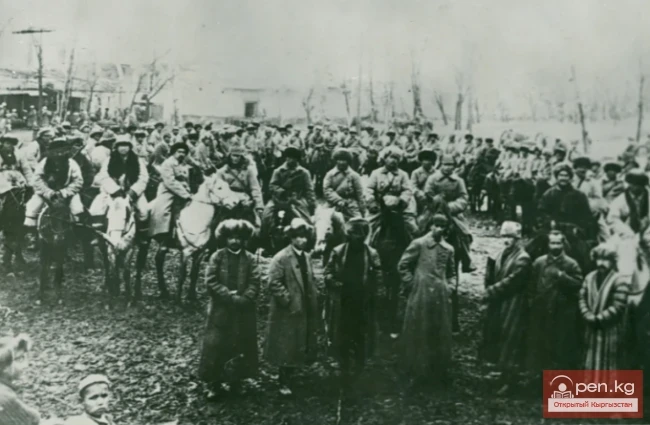
The Plight of the Kyrgyz in 1918. A Letter to V.I. Lenin
The Kyrgyz in 1918 The unification of the city council in Pishpek and in other cities of the...
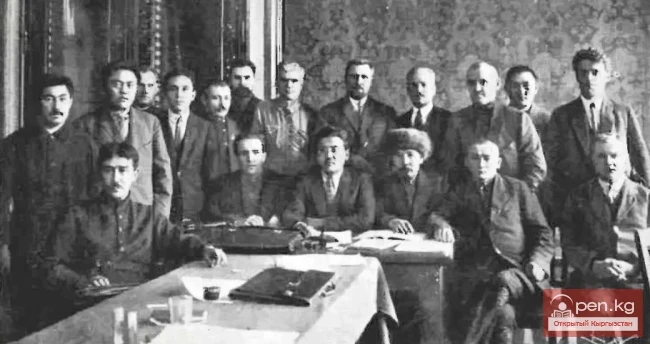
Cleaning the Soviet Apparatus of Socially Alien Elements in the 1930s
The Struggle of Soviet Power Against Class Enemies The failure of Kyrgyzstan to meet the increased...
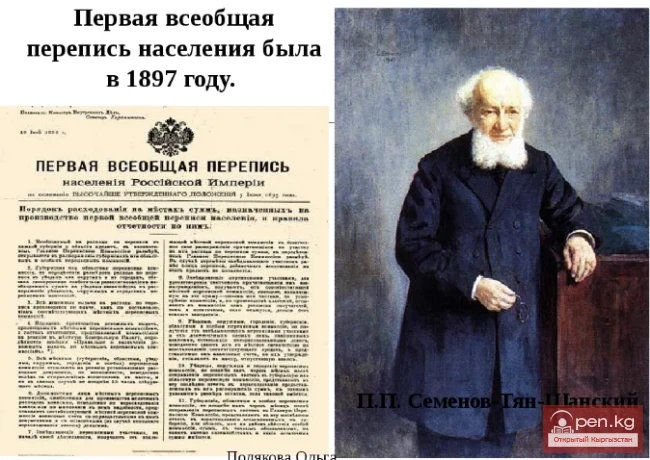
The Population of Kyrgyz in 1897 and 1916
The First General Census of the Population of the Russian Empire 1897 At the time of the First...
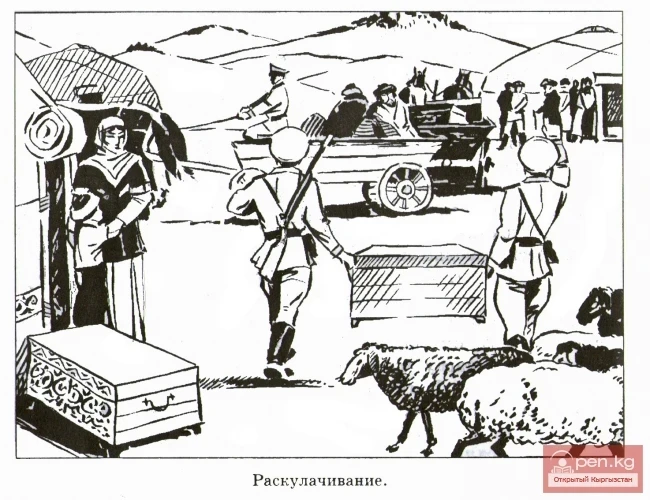
Strengthening the Administrative-Command System of Kyrgyzstan
Establishment of Autocracy. The Soviet power had many enemies—both external and internal. They...
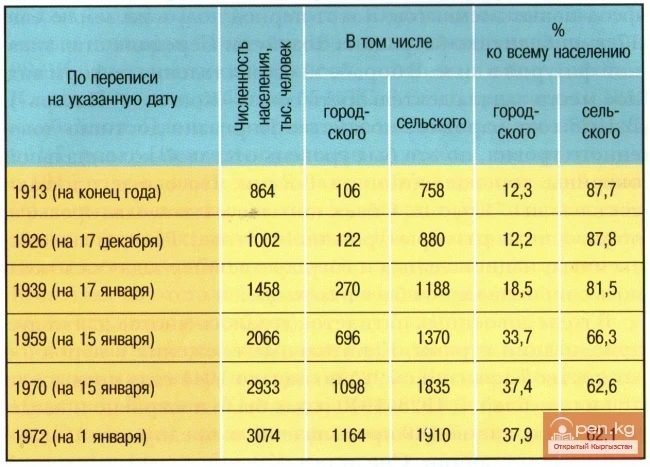
The Population of Kyrgyzstan in the Soviet Period (1917-1991)
Population of Kyrgyzstan from 1917 to 1970...
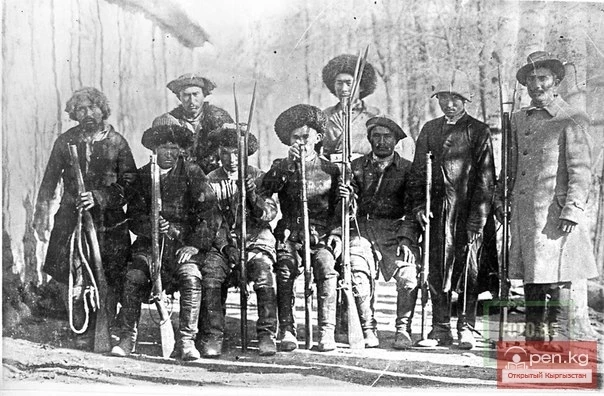
The Population of Kyrgyzstan in the 18th - Early 20th Century
Historical information about the size of the multi-ethnic population of the Fergana Valley during...
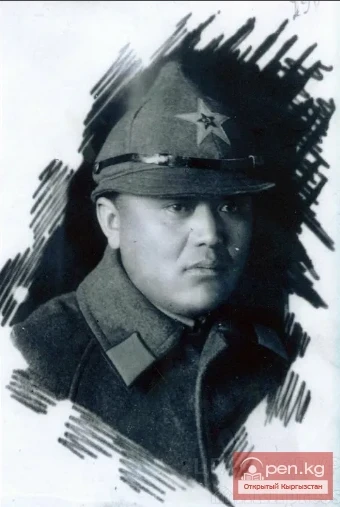
Z. Abdrakhmanov - Soldier of the Revolution
SOLDIER OF THE REVOLUTION He did not live to see forty years. The forces of lawlessness of...
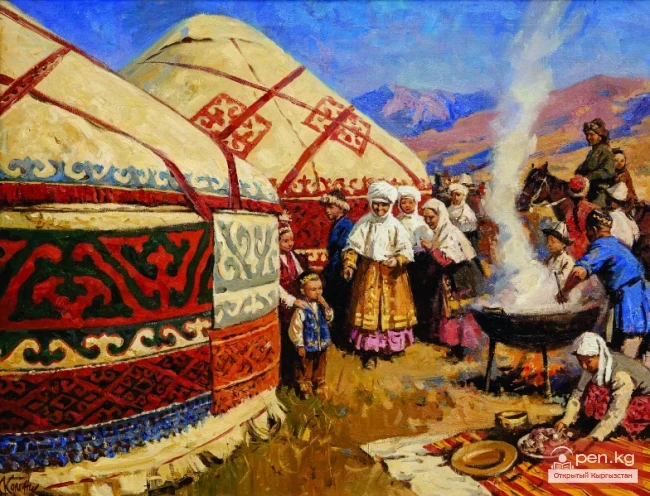
Social-Professional Structure among the Kyrgyz
Social and Professional Structure. The Kyrgyz did not have closed caste associations, typical of...
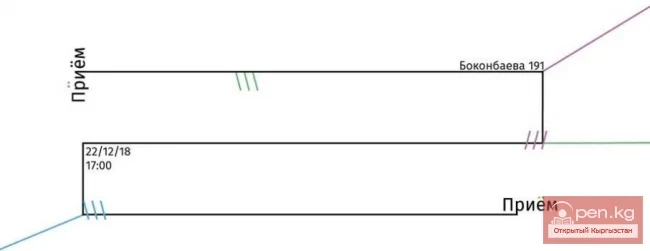
One-Day Pop-up Exhibition "Reception-Reception"
One-Day Pop-up Exhibition "Reception-Reception" December 22 at 17:00 Bokonbaeva 191...

Establishment of Kyrgyz National Statehood
The coup of August 19, 1991. The course of deepening democratic changes in the USSR, conducted by...
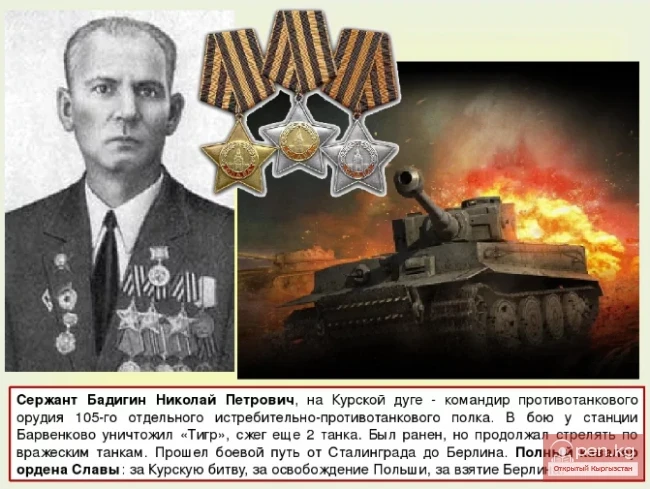
Deserved People of the City of Osh
People of Osh Who Earned Respect In the city of Osh, there have been a number of honorary and...
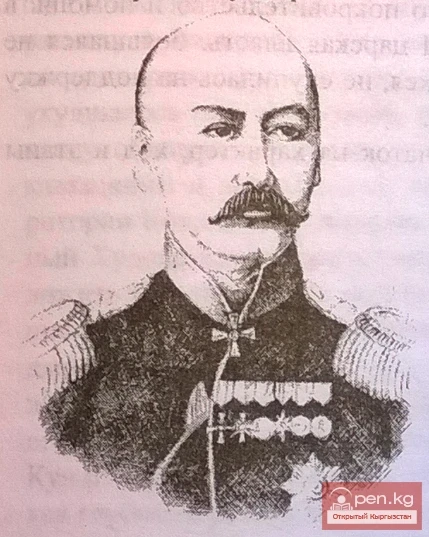
Signing of the Trade Agreement between Khudoyar Khan and Governor-General von Kaufman
Orientation of the Uprising Kyrgyz Workers Towards Russia The Kyrgyz workers, fighting against the...

Manapism and Russian Reforms
Bureaucratic Apparatus of Management among Southern Kyrgyz Tribes The social and property...
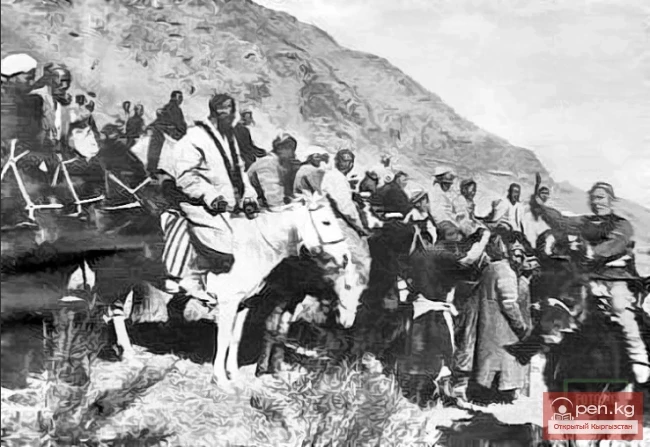
Assistance of the Tsarist Colonial Authority in Suppressing the Popular Uprising
Mumyn Shamurzakov In May 1874, 5-6 thousand Kyrgyz, nomadic in Kara Kuldzha, rose up. Led by Mamyr...
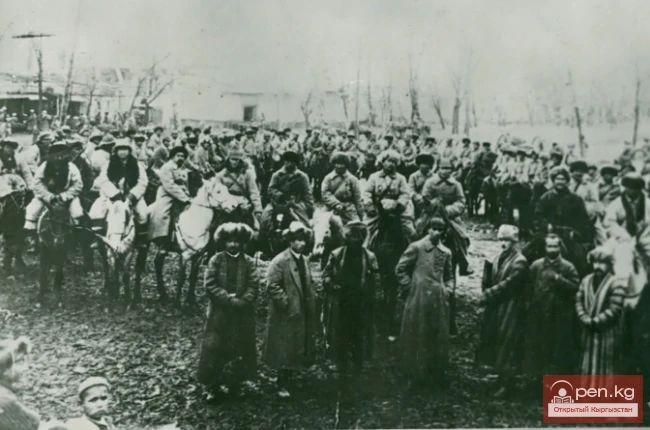
Legalization of the "Alash" Party after the Overthrow of the Tsarist Regime
The Alash Party and its leaders were accused of betraying the interests of their people in 1916,...

Republic of Rwanda
RWANDA. Republic of Rwanda A state in East Africa. Area - 26,338 thousand km². Capital - Kigali...
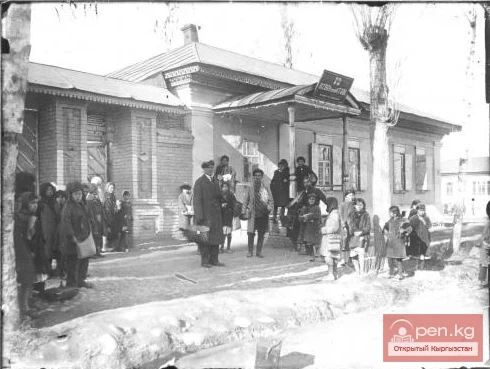
Working Correspondence of the Pishpek District Soviet. Documents No. 42 - No. 45 (July - September 1918)
NOTIFICATION FROM THE SEMIRECHYE REGIONAL FINANCIAL COLLEGE TO THE PISHPEK DISTRICT SOVIET ABOUT...
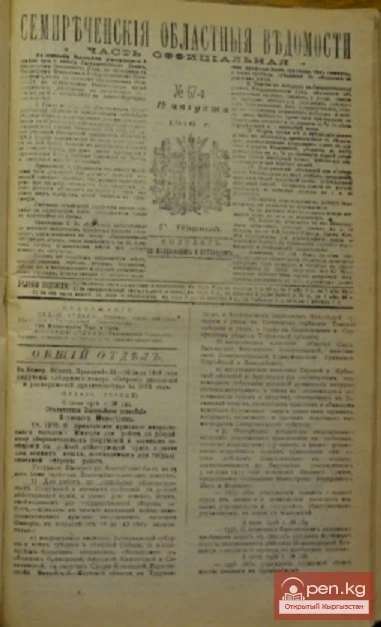
"Semirechenskaya Pravda" on the work of the first Pishpek Congress of the RCSM. Document No. 50 (August 1920)
REPORT OF THE NEWSPAPER "SEMIRECHENSKAYA PRAVDA" ON THE WORK OF THE I PISHPEK DISTRICT...
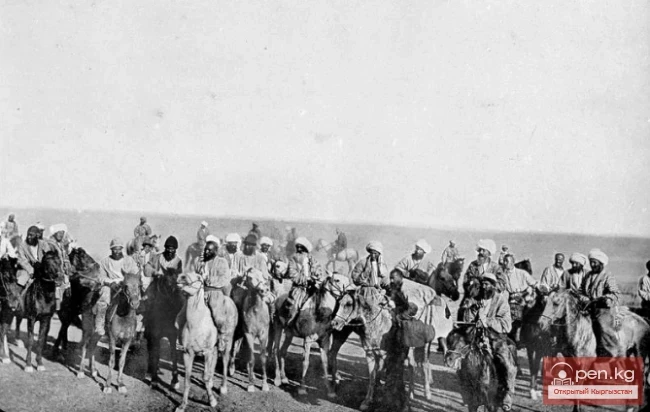
The Uprising Led by Mamyr Mergenov in the Spring of 1873
Mamyr Mergenov — a man of humble origins The scattered uprisings of the rebels covered new areas...
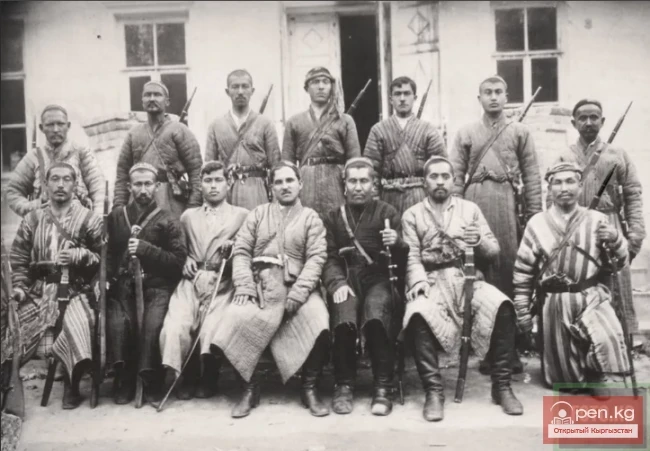
Struggle Against the Basmachi for Soviet Power in Osh
Kyrgyz militia unit fighting against the Basmachis Photo: 1920 The Young Soviet Power in the...
In Naryn, work has been completed on 7.6 km of the road on Lenin Street
In Naryn, the asphalting of 7.6 kilometers of the central Lenin Street has been completed, reports...

A football tournament in memory of Binaritdin Sultanbaev will be held in Bishkek.
From May 3 to 5, a tournament dedicated to the memory of the republican category football referee...
